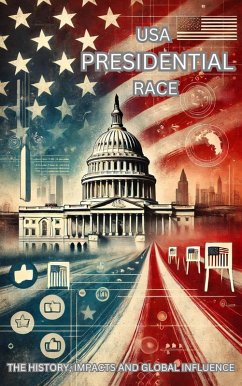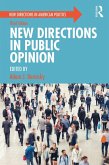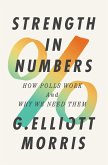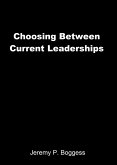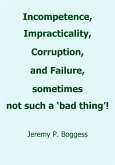Presidential elections in the U.S. are not merely contests of individual leadership skills but reflections of broader ideological shifts. Each election reveals the priorities, concerns, and aspirations of the American electorate at a particular historical moment. From the earliest elections in the 18th century, when only land-owning white males could vote, to the contentious and technology-driven elections of today, the U.S. presidential race has continuously evolved to meet the challenges of its time.
Throughout its history, the U.S. presidential election has produced mixed results, leading to both positive advancements and troubling consequences. Domestically, elections have brought about monumental social and economic changes, from the abolition of slavery to the introduction of social safety nets, healthcare reforms, and civil rights legislation. However, some elections have also deepened divisions, leading to political polarization, conflicts, and policies that have had negative consequences, both for the U.S. and the global community.
This book aims to explore the history of the U.S. presidential race, its evolution over the centuries, and its lasting impact on both America and the rest of the world. From early elections shaped by the founding fathers to modern-day campaigns dominated by media and technology, each chapter will trace the significant milestones in U.S. presidential history, highlighting the good, the bad, and the far-reaching implications of this powerful democratic process.
Dieser Download kann aus rechtlichen Gründen nur mit Rechnungsadresse in A, B, CY, CZ, D, DK, EW, E, FIN, F, GR, H, IRL, I, LT, L, LR, M, NL, PL, P, R, S, SLO, SK ausgeliefert werden.

